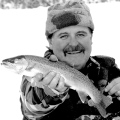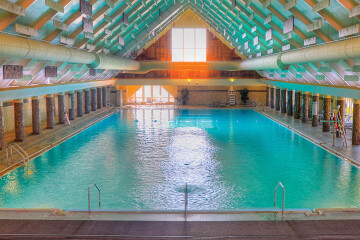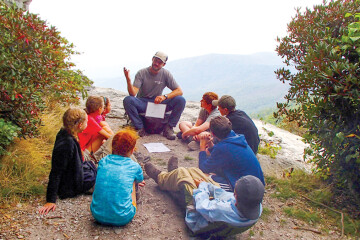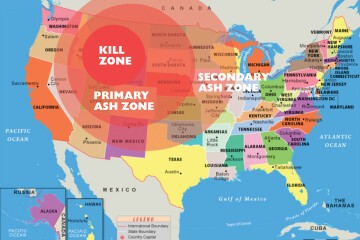Stewards of our Spaces
Earth is becoming a more crowded place. Our personal spaces are gradually getting smaller. Urban folks have way less space than us Montanans. No matter how much space you have, we all have something in common. No one wants to have spaces that are littered, polluted, or trashed.
Bozeman is becoming a huge city. There was a time, not so long ago, that there were more horses in Gallatin Valley than people. Ten people a day are moving to Bozeman. Certainly, some do leave, but we have more trash, pollution, development, and opportunity to do more to help clean and protect our spaces.
How can we become better Stewards of our spaces? When you search online, you will discover hundreds of ways to help. Most of the suggestions are about what we need to do less of and not more of. They encourage us to become activists, vegetarians, walkers, donate more money to lobbyist groups and environmental groups.
All of us want some tangible things that we can do routinely to be better Stewards of our Spaces. It doesn’t matter if you believe in climate change or global warming. You don’t have to close schools to protest, riot in the streets, and become activists. We just want to use good common sense to be courteous and respectful to our spaces. It starts in our own backyards!
When we were kids, the National Park Service’s mantra was “Take only a picture and leave only a footprint!” Simple and concise. Pick up your trash, don’t vandalize, follow the park rules, and respect the parks’ wildlife, plants, and special places. As children, we understood this simple and tangible directive.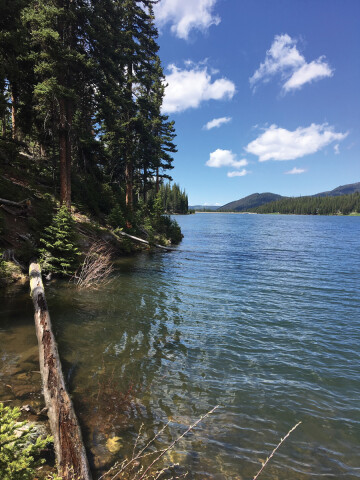
Not everyone will do everything, but all of us can do something. Every little bit helps. We need to set the example for others, and sadly pick up the slack for some. Eventually, they will catch up. Ridiculing and arguing with others, because they eat meat or disagree with your opinion, accomplishes few positives.
Here are a few simple, tangible, and common-sense things that we can all do to improve our spaces.
Conserve Water
The average person uses 1 1/2 gallons of water to brush their teeth. Wet the brush, shut off the tap, brush, spit, and use a cup or two to rinse. That’s a swimming pool of saved water a year! There are many other simple ways to conserve water. Put high pressure/low volume shower heads on. The pressure feels great and they use 2/3 less water. Rain barrels, in the warmer months, offer free water to use in your gardens and plants. Think of other ways that you use water and save even more water and $$$$$. If you have a septic tank, that means fewer pump outs.
Compost
Kitchen scraps make wonderful dirt! Leaves, grass clippings, and other yard waste can all be safely recycled on your property. This rich dirt can then help you grow food, flowers, and a healthy environment. I am amazed how few folks make their own dirt! Pet waste is also an easy problem to solve. Dig a hole in the corner of your lawn and add a bottomless bucket. Create a lid to keep waste in and everything else out. Use digesting chemicals to decompose the waste. Now your pet waste goes into the soil and not into the landfill.
Trash Patrol
When outdoors, if you see trash, pick it up. Others will follow your example. One aluminum can that is recycled saves enough energy to run your TV for 3 hours! Some recyclables, like aluminum, can be sold to local recyclers. The few pennies add up and can easily pay for hunting and fishing gear or licenses. Charge a Trash Toll, or have a Scavenger Hunt for kids when outdoors. This fun game can become a routine habit.
Recycle
Newspaper, cardboard, tin cans, aluminum, plastics, and glass are better to recycle than to send to the landfill. Locate drop off areas around your home where you can quickly deposit this waste for reuse. Make this a Kid Chore. This could be their allowance task. Eventually, we will become better recyclers and eventually have curbside or more convenient ways to deal with recyclable wastes. To not recycle is just being lazy.
Lawn Tips
Many of us need to water our lawns in Montana. Many communities require watering as a covenant rule. Try watering your lawn twice a day, every other day! The trick is to do this early and use less time. If you water a sprinkler zone for 20 minutes, water it for just 10 minutes, but do it a few hours apart. Your first watering should be after 3 a.m. in the early morning. Allow the cycles to finish, so you can let the dogs out and get the newspaper without dodging the spray. Now, have the sprinklers run the second cycle before 10 a.m. The first wetting happens when the last evaporation will occur. The second watering cycle places easily absorbed water onto already damp soil. Never water after noon or in the evening. Most water is simply evaporated. Wet grass that sets all night long grows mold. When you mow, use a mulching blade. This will help your grass to compost. No raking, bagging, or dumping clippings. Lawn mowing and chores are now reduced. Grow soil with grass clippings. You will discover that you can have the same green lawns using less water, less often!
Clean up after your pets
Animal waste is a health issue. Leaving animal waste along trails, parks, and watersheds increases issues related to e. coli. Hikers hate trekking through piles of horse apples along trails. Noxious weeds and diseases are spread through critter waste. Pick it up and dispose of it properly. Sadly, our watersheds are showing increased amounts of e. coli bacteria due to abandoned pet waste.
Energy Savers
Most of our homes’ heat exits through leaky windows and doors. Inspect and service these areas. If you feel cold air pouring in, that means money and wasted energy. Adjust and fix the latches, seals, gaskets, and sealing features of your windows and doors. Add a layer of plastic over the frames. Weatherproofing kits are cheap and easy to apply. When was the last time you replaced the rubber seal on the bottom of your garage door? They significantly cut back on wasted energy. Use a programmable thermostat to regulate your temperatures. Program them to save energy when you are not home.
Respect Others
Bikers, hikers, skiers, birdwatchers, joggers, pet owners, hunters, anglers, and others enjoy the outdoors. No one sport is more or less important than another. No one sport gets a monopoly on the resource. Hunters only hunt during a few weeks of hunting season. Skiers need snow, bikes need dry conditions, and weather limits other activity. If trails or areas are more crowded, slow down, adapt and adjust.
Living in a great community can have its challenges. It also means we have opportunities to help each other be the First to make Bozeman the Last Best Place in Montana!
We may not be perfect Stewards of our Spaces, but we can perfect our skills to get there!
